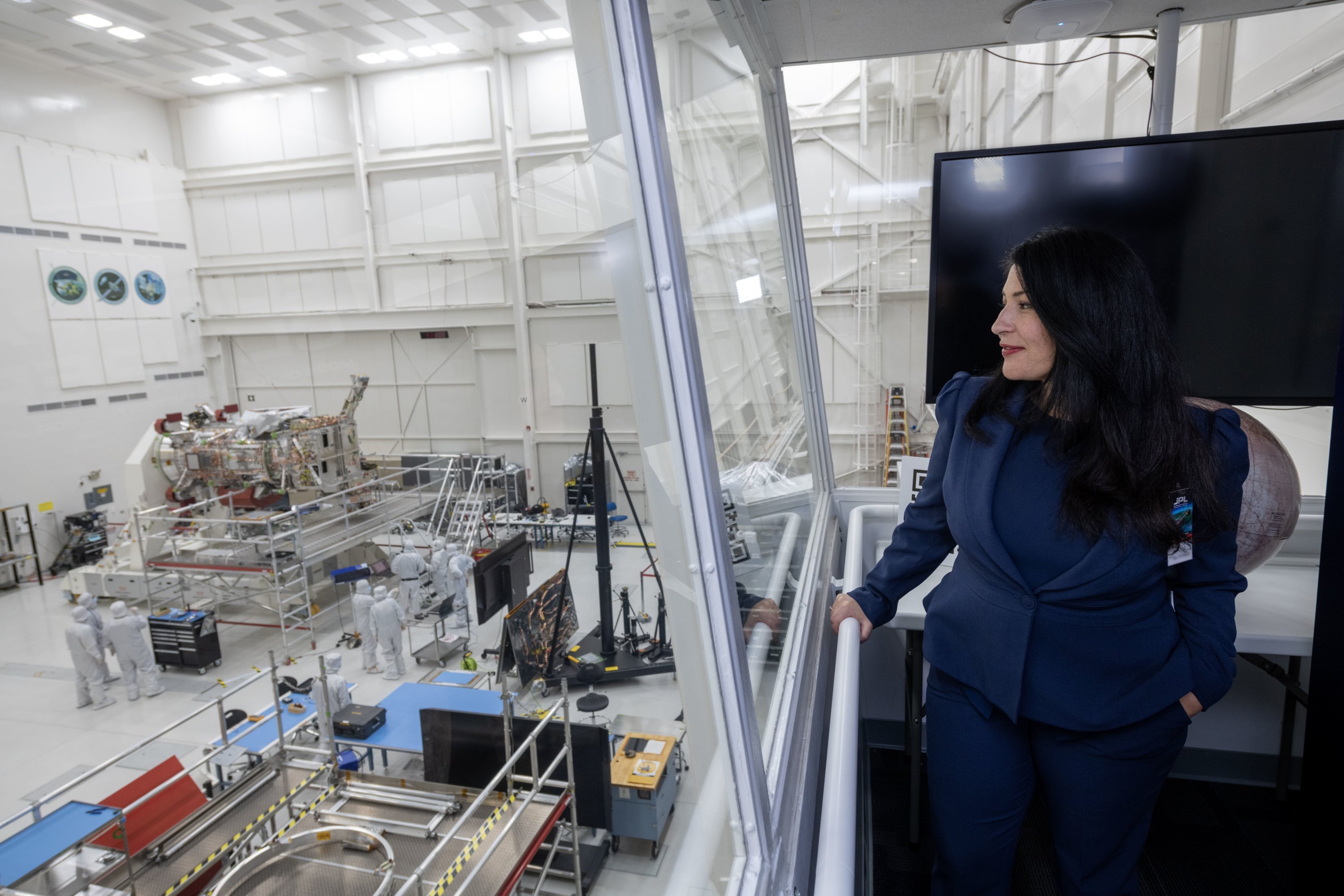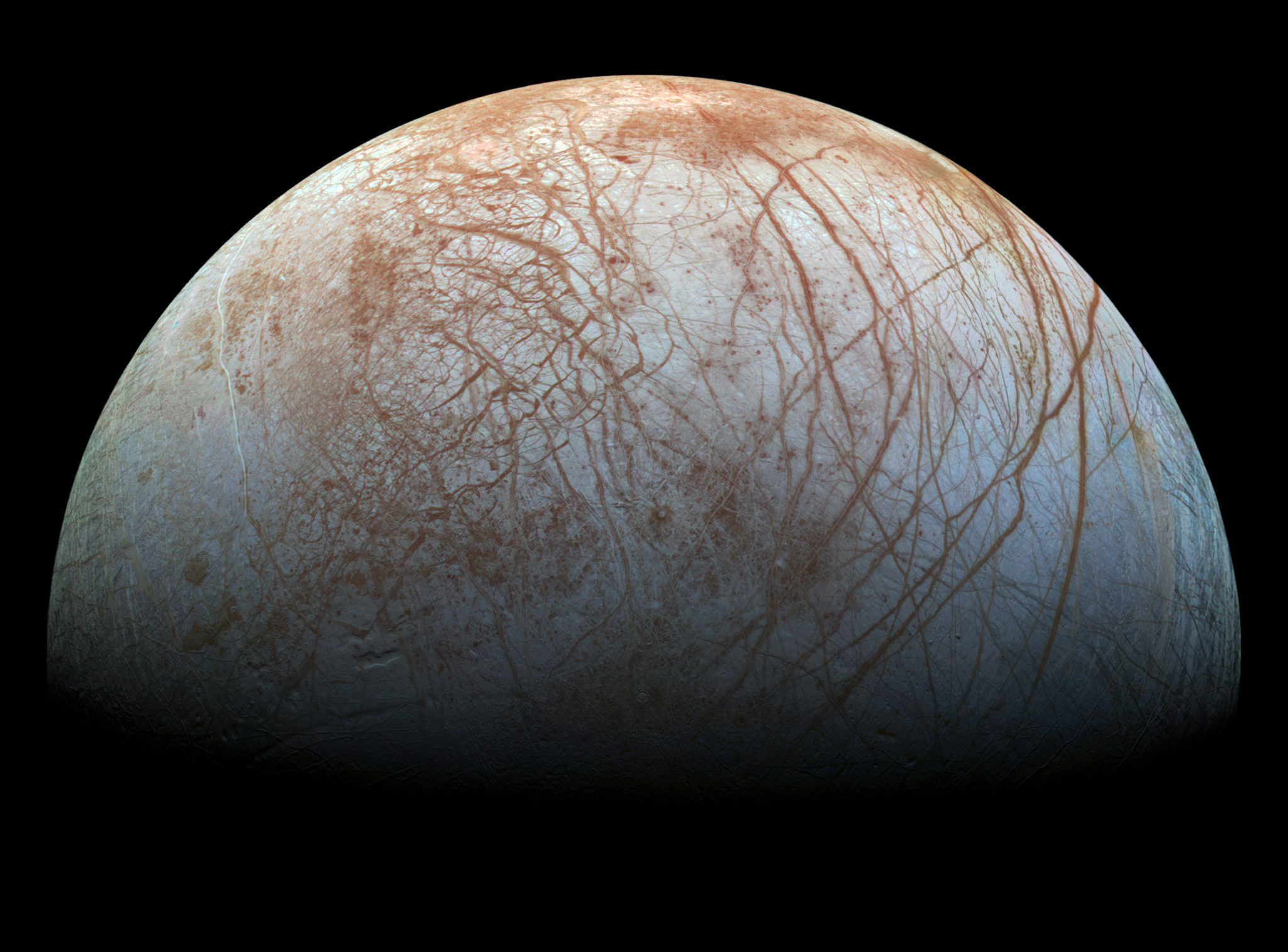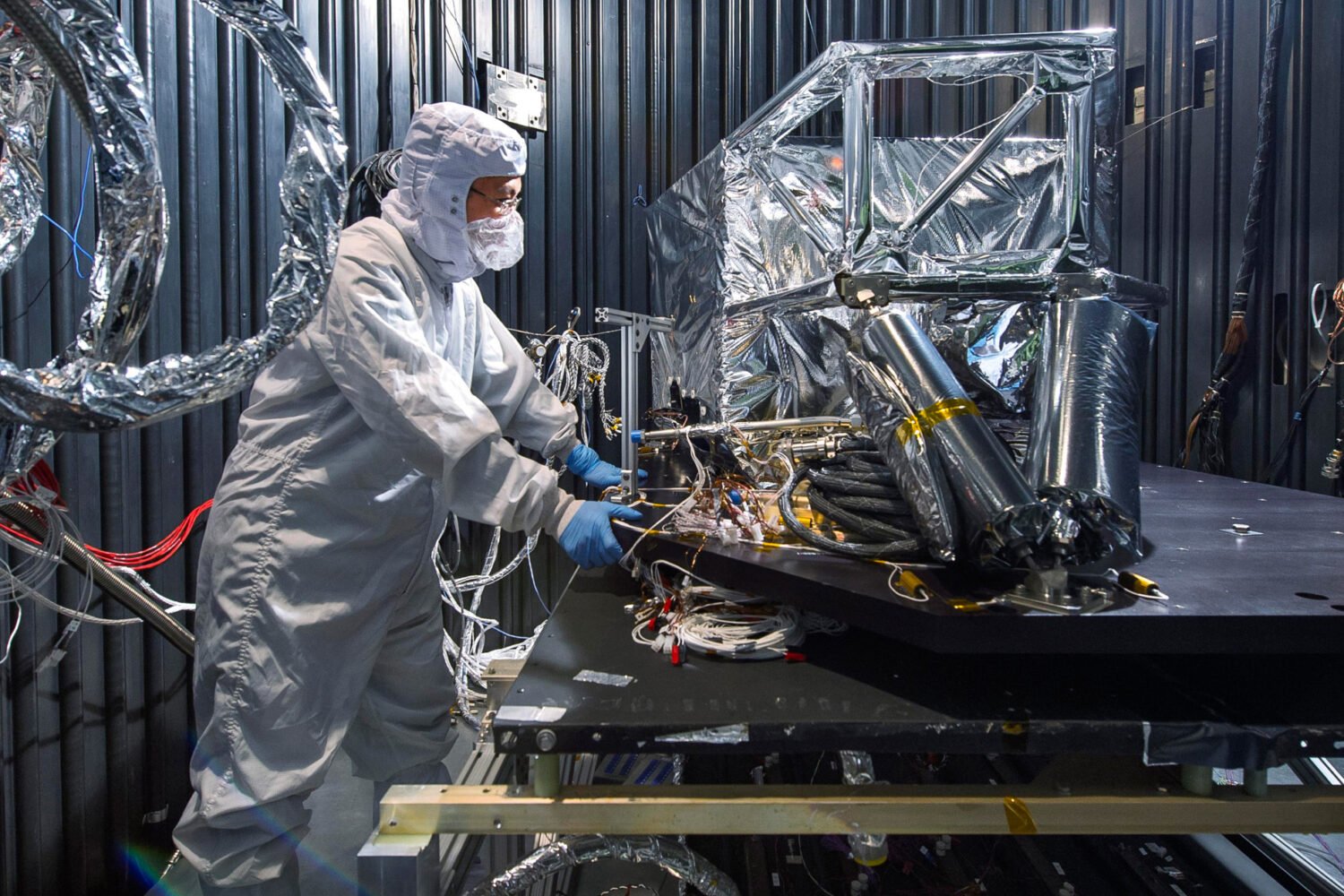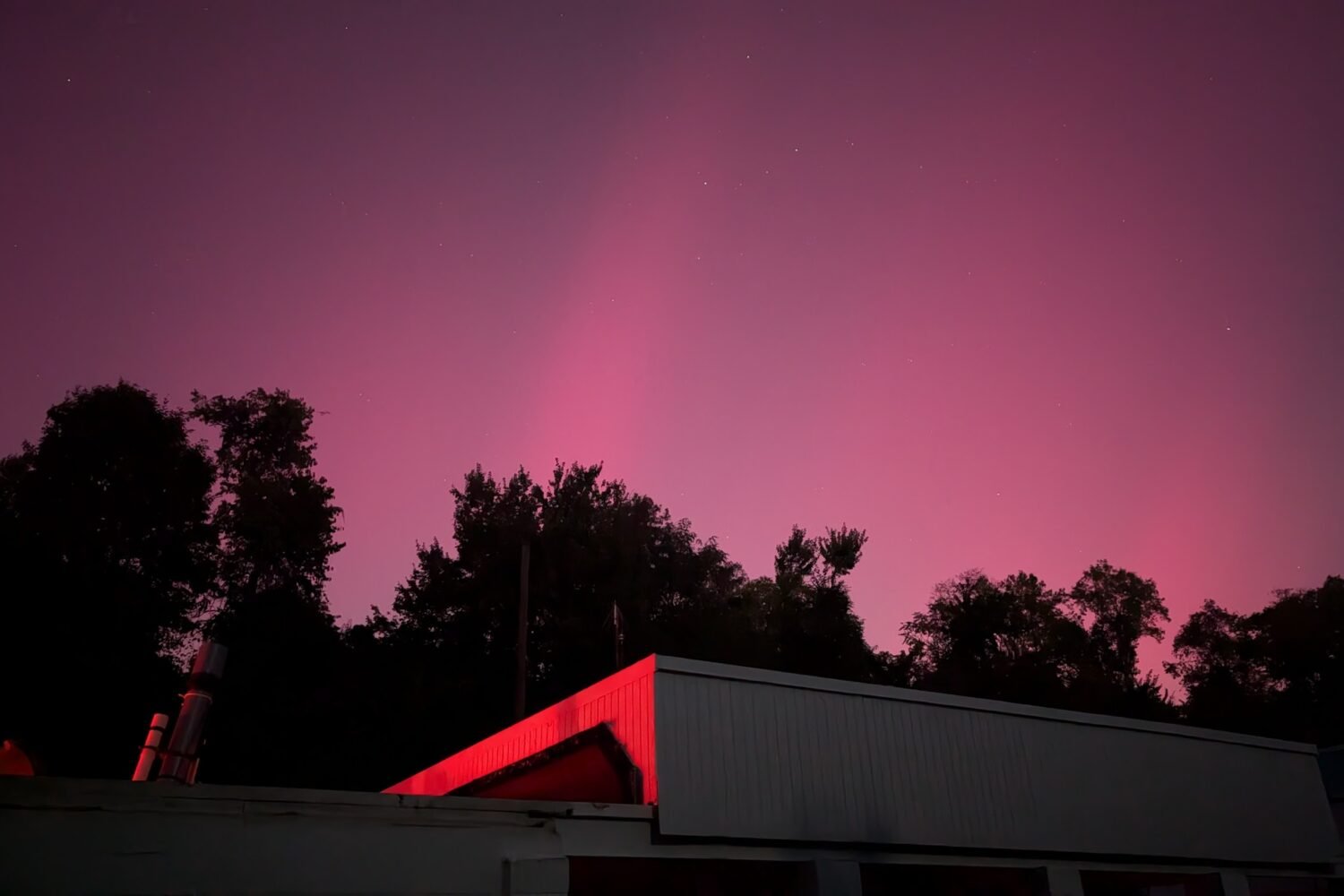When NASA’s Europa Clipper spacecraft embarks on its six-year, 1.8 billion mile journey toward one of Jupiter’s icy moons in October 2024, it won’t only search for conditions suitable for life—it’ll also grace the cosmos with the verse of US Poet Laureate Ada Limón.
Etched onto the spacecraft will be Limón’s latest poem, “In Praise of Mystery,” written specifically for the ambitious mission and unveiled at the Library of Congress last night. Watch and listen to NASA’s illustration of the poem below:
Scientists suspect Europa has one of the most life-friendly environments within our solar system, partially due to what’s likely a salty, tidal ocean beneath the moon’s frozen shell (which, according to NASA, has more water than all of Earth’s oceans combined). In other words, if there is other life in our solar system, it’s likely on Europa.
Naturally, such a quest calls for a poem.
But even for a poet laureate, writing one was an intimidating task—especially when NASA was waiting to read it. “When I was asked to write this poem, I celebrated for exactly 20 seconds and then proceeded to get really freaked out,” said Limón to Librarian of Congress Carla Hayden. “I thought, ‘Oh no, now I have to write a poem.'”
She struggled at first. While musing and spending time in Hawaii’s Merwin Conservancy, which is home to a 19-acre palm forest planted by former Poet Laureate W.S. Merwin, Limón said she started and scrapped new drafts everyday. “My husband finally said, ‘I think you need to stop writing a ‘NASA’ poem and instead write a ‘you’ poem.’ “

That piece of wisdom stuck with her. Known for capturing humankind’s relationship to the natural world, Limón found herself not just musing on the mysteries of outer space but those on Earth too. Much like science, she said, poetry “is about beginning in questions and ending in questions. It’s not about finding one ultimate answer, but instead, existing in wonder.”
Or, as the final lines of her poem put it:
“O second moon, we, too, are made
of water, of vast and beckoning seas.
We, too, are made of wonders, of great
and ordinary loves, of small invisible worlds,
of a need to call out through the dark.”
Limón’s words won’t be the only salutation traveling toward Jupiter—your name could too. As part of NASA’s public outreach, the space program is inviting those who also feel the urge “call out through the dark” to sign their name onto its Message in a Bottle campaign. NASA will etch the names of all those who participate onto the spacecraft.
“At its heart, the thing we’re doing here is not just a set of experiments, it’s not just an analysis—it’s also something intensely human,” said Dr. Sheri Wells-Jensen, the 2023 NASA/LOC chair in astrobiology, exploration, and scientific innovation. “This is living things reaching out toward the potential of other living things.”



















